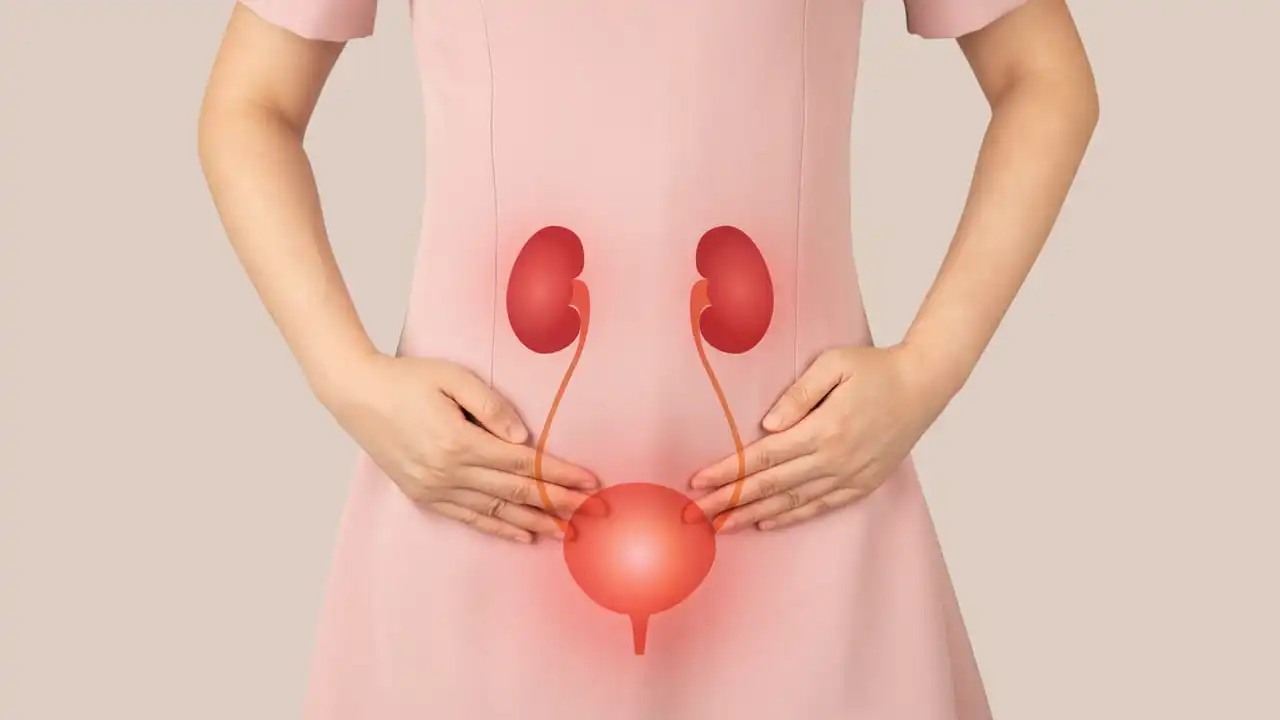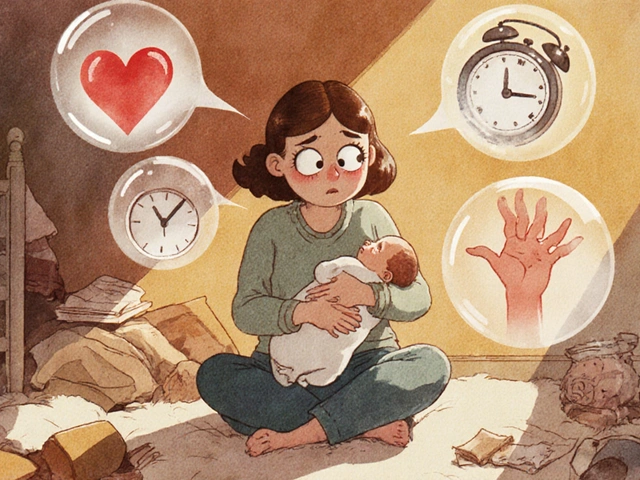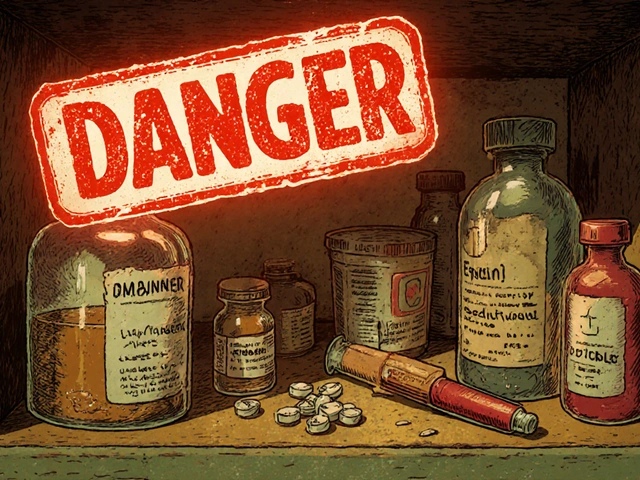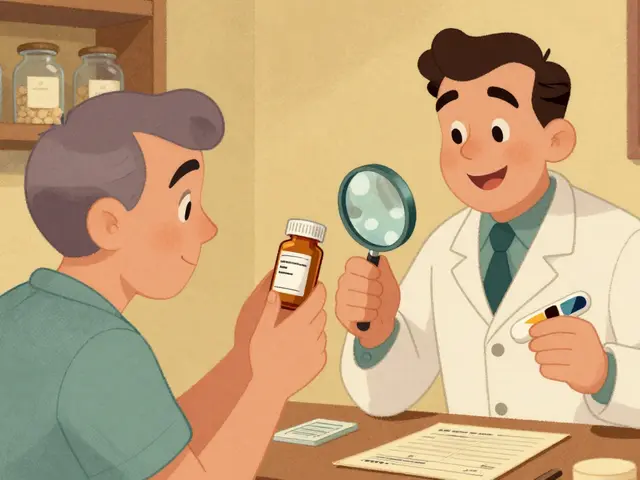Urinary health: what to watch for and how to protect your bladder
Urinary health matters at every age. Your bladder and urinary tract deal with a lot — holding urine, flushing out bacteria, and working with your kidneys. Problems range from short, annoying urinary tract infections (UTIs) to longer-term issues like overactive bladder or kidney stones. This guide gives clear, practical steps you can use today to spot trouble, protect your bladder, and know when to see a clinician.
Spotting problems early
Common signs of a UTI include burning when you pee, needing to go more often, cloudy or strong-smelling urine, and lower belly discomfort. Fever, chills, flank pain, or blood in urine can mean a more serious infection or a kidney problem — get medical care quickly. For people with diabetes, pregnancy, or weakened immune systems, even mild symptoms should prompt a call to a provider. A simple urine dipstick or lab test can confirm infection and guide treatment.
Tests doctors use include urinalysis, urine culture, and sometimes ultrasound or CT if stones or structural issues are suspected. If antibiotics are needed, common choices for uncomplicated lower UTIs include nitrofurantoin and trimethoprim-sulfamethoxazole (Bactrim); other drugs are reserved for specific cases. Never start antibiotics without a prescription and follow the full course your clinician prescribes.
Simple habits that help
Drink enough water so urine is pale — staying hydrated helps flush bacteria. Don’t hold urine for long periods; emptying regularly lowers infection risk. Wiping front to back, urinating after sex, and avoiding irritating feminine products can prevent bacteria from reaching the bladder. For people who get frequent UTIs, a healthcare provider may discuss low-dose preventive antibiotics, vaginal estrogen for postmenopausal women, or evidence-based cranberry options.
If you have sudden changes in urinary habits — painful urination, dribbling, leakage, or very frequent nighttime trips to the bathroom — track the pattern and share it with your clinician. Keeping a simple diary with times and symptoms gives clearer information than guessing.
When to seek help: severe pain, high fever, vomiting, blood in urine, or symptoms that don't improve within 48 hours of starting treatment. Also call sooner if you are pregnant, have diabetes, or have an implanted device like a urinary catheter.
A few quick notes on stones and bladder control: kidney stones can cause intense, cramping flank pain and blood in the urine; imaging is often needed. For bladder control issues, pelvic floor exercises can help many people and are worth trying with a trained therapist.
Good urinary health isn’t fancy — it’s about small daily habits, prompt care when things change, and working with your clinician on a plan that fits your needs. If you’re unsure, a brief visit or phone call can usually clear things up fast.
Self-care tips for people with catheters or recurrent infections: keep catheter tubing secure, empty drainage bags before they get full, and follow hygiene instructions from your clinic. Ask for a urine culture before changing antibiotics so treatment targets the exact bacteria. If you travel or spend time in hot weather, drink more and skip excess caffeine or alcohol that irritate the bladder. Probiotics such as lactobacillus show mixed evidence but might help some women when used with other preventive steps. Write down all medicines and supplements you take and share the list with your clinician so drug interactions or side effects are easier to spot quickly.

Bladder infections and urinary retention: What you need to know
Hey, folks. I thought it's high time we had a chat about something real important - bladder infections and urinary retention. These health nuisances can crop up when you least expect it, affecting your daily life. In this article, I'll be unraveling what exactly these conditions are, their causes, and most importantly, how you can prevent them. Stick around for insider tips on maintaining optimal urinary health. Because trust me, understanding is the first step to prevention.
Read More




